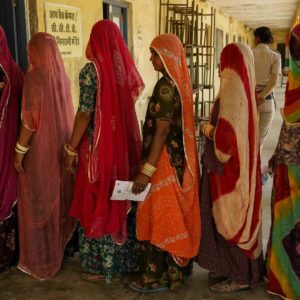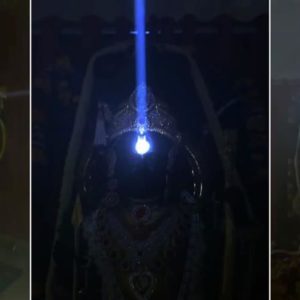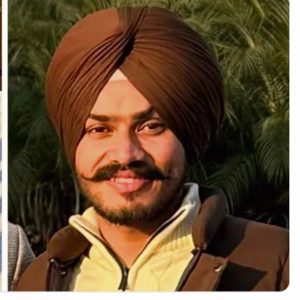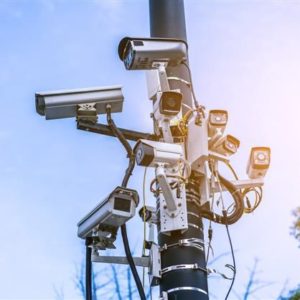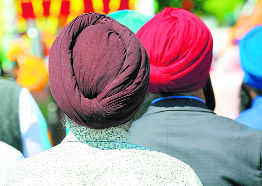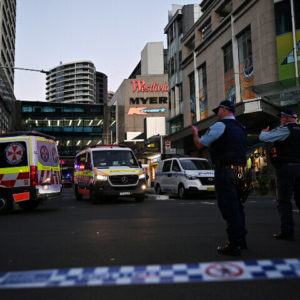New Delhi, December 12
Ticked off by the Supreme Court for its lackadaisical approach on the issue of weeding out criminals from politics, the Centre has proposed to set up 12 Special Courts to expeditiously decide criminal cases pending against lawmakers in terms of its March 10, 2014 order.
In an affidavit filed in the Supreme Court, the Centre has proposed a scheme under which these special courts will be set up to decide criminal cases against lawmakers within a year. To start with, these courts would be for a year.
An amount of Rs. 7.8 crore has been earmarked for the purpose after taking account the revised pay scales of judges in accordance with the recommendations of the 7th Central Pay Commission. The estimated cost of setting up one Special Court has been calculated to be Rs 65 lakh. The scheme would be subject to minor changes after consultation with states, it added.
According to an estimate, one special court can dispose 165 cases in a year. Trials in states with less than 65 cases can be completed in the existing fast-track courts, the affidavit suggested.
The affidavit has been filed in response to the top court’s November 1 direction asking the Centre to consider setting up special courts to exclusively try cases against lawmakers facing criminal charges.
Seeking to de-criminalise politics, a bench headed by Justice Ranjan Gogoi had asked the government come up with a scheme for constituting and funding such courts on the lines of Fast Track Courts (FTCs) which were set up by the Centre for a period of five years and extended further.
Seized of a PIL filed by Advocate Ashwini Kumar Upadhyay seeking lifetime ban on contesting of polls by convicted politicians, the top court had asked the government to spell out the amount of money that can be earmarked for special courts.
The bench – which had given six weeks to the Centre to submit the scheme – is likely to hear the matter on December 13.
The bench had earlier pointed out criminal cases against many politicians remained pending for more than 20 years allowing them to complete four terms in Parliament or state assemblies. In such a situation, demanding ban on them towards the fag end of their political career may not achieve the desired objective, it had indicated.
The order had come after the top court was informed that 1,581 lawmakers had criminal cases pending against them at the time of filing nominations in 2014. It sought to know how many of these cases had been disposed of by now and what was the outcome in terms of acquittal or conviction.
But in its affidavit, the Centre said there was no government agency that kept track of the number of disposed of cases, much less the total number of pending cases. According to Association for Democratic Reforms (ADR), the number has come down to 1,571, on account of death and resignation of lawmakers.
A report by the NGO – which analyses affidavits filed by candidates at the time of filing of nominations – said 188 Lok Sabha MPs and 44 Rajya Sabha MPs have criminal cases pending against them.
The number of legislators having criminal cases pending against them in various states is: Maharashtra (160), Uttar Pradesh (143), Bihar (141), West Bengal (107), Kerala (87), Andhra Pradesh (84), Tamil Nadu (75), Karnataka (73), Madhya Pradesh (70) and Telangana (67).




 Girls again, clinch top three spots in Class X PSEB exams
Girls again, clinch top three spots in Class X PSEB exams






